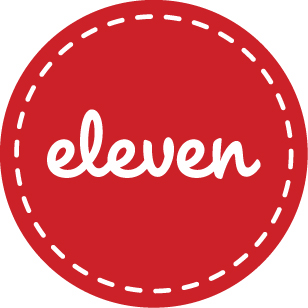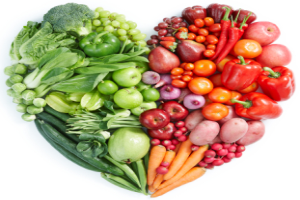Labor Day weekend this year marked my one year anniversary of adopting a plant-based lifestyle. I decided to celebrate this life-change by challenging myself to eat strictly vegan for 30 days.... just to see if I could really do it.
My ideals had been from the beginning to eat vegan whenever possible, but that can be really hard to do when dining out, as a guest in someone else's whom, or at catered work events. So when I could not eat vegan, I always just ate vegetarian.
Well, I found that more often that not, this rule was allowing me to get pretty relaxed at home too. It would be easier to get my husband to eat meals with me if they included cheese or eggs, than if they were vegan, so rather than making two meals, we'd compromise with one vegetarian meal that made us both happy.
So, I took the 30-day vegan challenge, which ended last night. How did it go? I had one cheat the morning of my birthday to combat a hangover with some egg & cheese grease. And there were a few pastry items here and there that I couldn't prove were vegan, but didn't have the will-power to say no too since I also couldn't prove there were egg or cheese products in them (and a couple I could prove weren't vegan but it was my birthday so I made exceptions there too). There were also those two Indian meals with cheese that I allowed myself for cultural familiarization purposes before my big trip to India next month.
All in all, not exactly the super "strict" vegan diet I was committing too, but not bad either. I hat A LOT of temptations and made a lot of sacrifices on things like butter, mayonnaise, yogurt, and deserts etc.
So where am I now?
While I absolutely believe in and enjoy the health benefits and environmental responsibility of eating a plant-based lifestyle, my personal primary reason for adopting this diet was to take a stand against animal cruelty. Therefore, anything that was wild-caught or hunted, or from a Farmer whom I could talk to and knew how/where his animal were slaughtered, then I would eat meat too.
So what does all this make me?
Vegan? Certainly not.
Vegetarian? Mostly, but not always.
Locovore? Often yes, but not soley because I enjoy fruits from far away places too much.
Omnivore? It's looking like it.... but I feel like I'm not completely in this camp either.
Conscientious Eater! This sounds like me. Read on to learn more about what this means:
Conscientious eating means thinking about where your food comes from, what impact it has environmentally, socially, economically, and personally (in terms of health, culture, and enjoyment). It means that if you choose to eat meat that you consider how the livestock were raised, and how far they traveled to reach your dinner plate.
"Local," "grass-fed," "sustainably produced," "humanely raised" and "free-range" are just a few of the phrases that greet conscientious shoppers in the meat department these days. Animal-rights activists jokingly call these products "happy meat." You have to be careful with these labels, knowing that cage-free might not mean what you assume it does, or that organic might not be as animal-cruelty-free as it sounds. I still believe it is always best to talk with your local farmers and even visit their farm before you buy.
Now, I do understand that eating this way won't solve the world's problems. It's true that we probably can't feed the world with small, local, organic, family farms. And the cost to the consumer is prohibitively expensive to most. I still believe that if everyone ate as a vegetarian, we could solve most of the worlds problems. But because of the culture & society that I live in, I still think that using my consumer dollars to buy less meat, and only the kind described above, is the best way for me to take a stand, make a statement, and eat in a way I find convenient and moral.
So there you have it. I won't call myself a vegetarian anymore, even though I will usually still eat that way. If people ask me why I'll say I'm a conscientiousness eater and prefer not to eat meat if I don't know where it came from. It was a year long experiment that I think I can take valuable lessons from and use for the rest of my life.

















